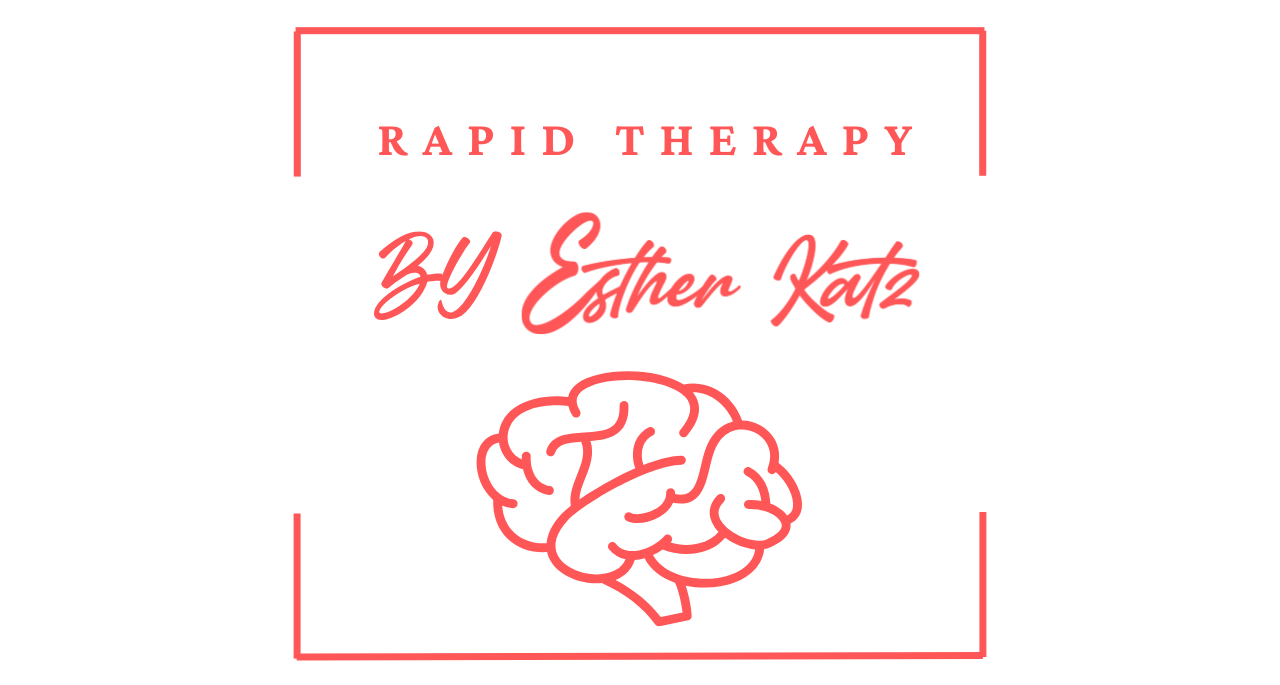In today’s fast-paced, performance-driven world, leaders often feel the pressure to push their teams to new heights, believing that the best results come from setting ever-higher standards. However, this hidden cost of the ‘never enough’ mentality can have unintended consequences.
High turnover, disengagement, and burnout are common signs that your best people may be silently looking for the exit. The key to sustainable success lies not just in demanding more from your team but in recognizing their efforts and ensuring they feel valued.
The Hidden Cost of ‘Never Enough’ Leadership
Katherine Melchior Ray, a former VP at Louis Vuitton, once described a key moment in her career: she presented a business plan that outperformed the competition in every metric—twice the market size, 30%+ profit margins. Most leaders would have celebrated.
Bernard Arnault, CEO of LVMH and one of the most successful business figures in the world, did not. No praise, no acknowledgment—just an expectation for more.
This kind of leadership produces results, but it also comes with a cost: motivation drops, engagement declines, and top talent starts looking for the exit.
If you’re leading a team and noticing high turnover or a lack of motivation, it might be time to rethink your approach.
The Impact of Relentless Pressure on Employee Engagement

Having built marketing strategies that raised over $100M for deep-tech and blockchain companies, I’ve seen firsthand how relentless pressure can either drive results or drive people away.
Through executive coaching and neuro-coaching techniques, I help leaders reframe their approach to management so they can retain and motivate top talent without sacrificing performance.
The Role of Recognition in Employee Retention
High standards aren’t the problem—lack of recognition is. Employees don’t need constant praise, but they do need to know that their efforts matter.
Research shows that organizations with strong recognition cultures have significantly lower turnover and higher productivity.
A simple acknowledgment of success can make the difference between a highly engaged team and one that quietly disengages.
Why High Performers Leave: It’s Not Just About Salary
Retention isn’t just about salary. When high performers leave, it’s usually not because they weren’t paid enough—it’s because they didn’t see a future where their contributions were valued.
If your top people are walking away, ask yourself: Am I providing clear benchmarks for success? Do my employees feel a sense of purpose? Am I fostering an environment where high achievers want to stay?
Balancing Expectations and Rewards for Lasting Motivation
The best leaders balance high expectations with clear rewards. If you want to build a team that stays engaged and continues to perform at the highest level, start by ensuring that success isn’t just expected—but recognized.
Conclusion: Hidden Cost of the Never Enough Mentality
If you’re dealing with talent drain and need an actionable strategy to turn things around, book an executive coaching session at Rapid-Therapy.com. Let’s create a leadership style that keeps your best people motivated—and on your team.



